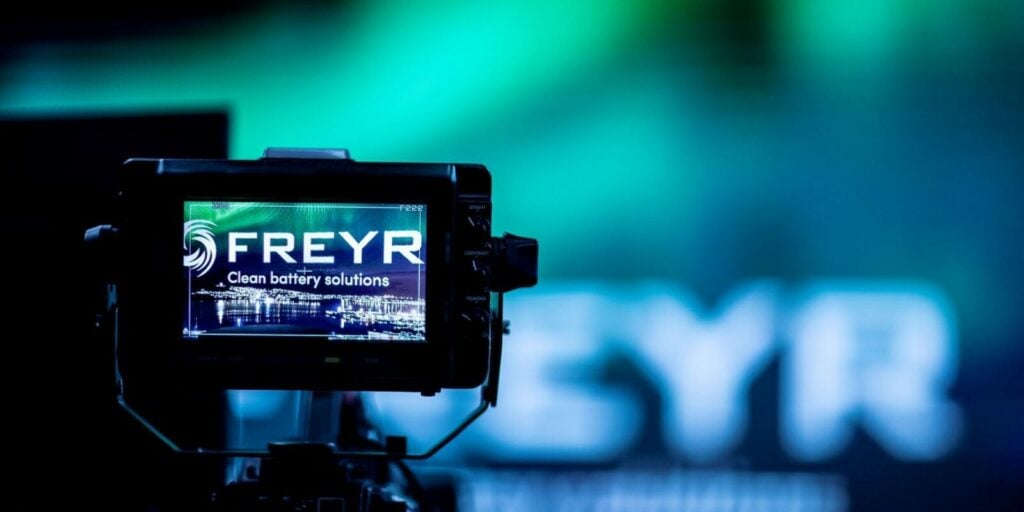
Battery manufacturing startup FREYR Battery, which is targeting the battery storage sector with its product line, has received a €100 million (US$112.29 million) grant commitment from the European Union (EU).
The funding has been awarded through the EU’s Innovation Fund, which supports clean energy projects with the scale and scope to contribute to the bloc’s decarbonisation.
Enjoy 12 months of exclusive analysis
- Regular insight and analysis of the industry’s biggest developments
- In-depth interviews with the industry’s leading figures
- Annual digital subscription to the PV Tech Power journal
- Discounts on Solar Media’s portfolio of events, in-person and virtual
This week the EU announced that a total of €3.6 billion is being awarded to 41 so-called large-scale projects through the fund’s latest round. That includes €800 million for clean energy tech manufacturing projects, of which FREYR Battery’s Giga Arctic facility in Norway is one.
“With investments in innovative solutions like these, we deliver on Europe’s green transition goals, support our industry, and bring energy security, safety and prosperity to future generations,” Frans Timmermans, executive VP for the EU’s European Green Deal, said of the “unprecedented investment”.
The money is coming from emissions trading revenues within the EU, and Timmermans said that with the price being put on carbon emissions, “Europe is getting the additional financial firepower that enables these transformative investments”.
FREYR has claimed its planned network of factories will produce some of the cleanest and most sustainable lithium-ion batteries on the market, targeting annual production capacity of 50GWh by 2024 and 200GWh by 2030. The battery cells will be based on the semi-solid electrode technology platform developed by US startup 24M. FREYR is also targeting building a sizeable factory in Georgia, US.
According to an interview with CEO Tom Jensen for this site last year, as much as half of FREYR’s cells could be sold into the stationary energy storage system (ESS) segment, with offtakers to include Nidec ASI, with which the Norwegian company has formed a joint venture (JV).
The NYSE-listed company raised over a quarter of a billion dollars last year in a public offering, and appears to have been successful in raising investment for its plans, although the Scandinavian battery startup with the most prolific track record of raising investment is likely still Northvolt.
Northvolt was also among recipients of grants from the EU Innovation Fund’s total €38 billion pot, with its ESS factory in Gdansk, Poland, selected last summer along with 16 other winners.
Other winners in the latest round include BASF’s recycling facility which the German chemicals company is co-locating with a cathode manufacturing plant. Groundbreaking was held on the cathode plant recently, with dignitaries in attendance including European Commission VP Maroš Šefčovič, who coordinates the EU Battery Alliance manufacturing and value chain initiative.
Energy-Storage.news heard at the tail end of 2022 that although Europe had held a strong head start on the US in terms of getting domestic battery manufacturing plants online, the impact of the Inflation Reduction Act (IRA) in the US had been a key driver in seeing that trend reverse somewhat.






